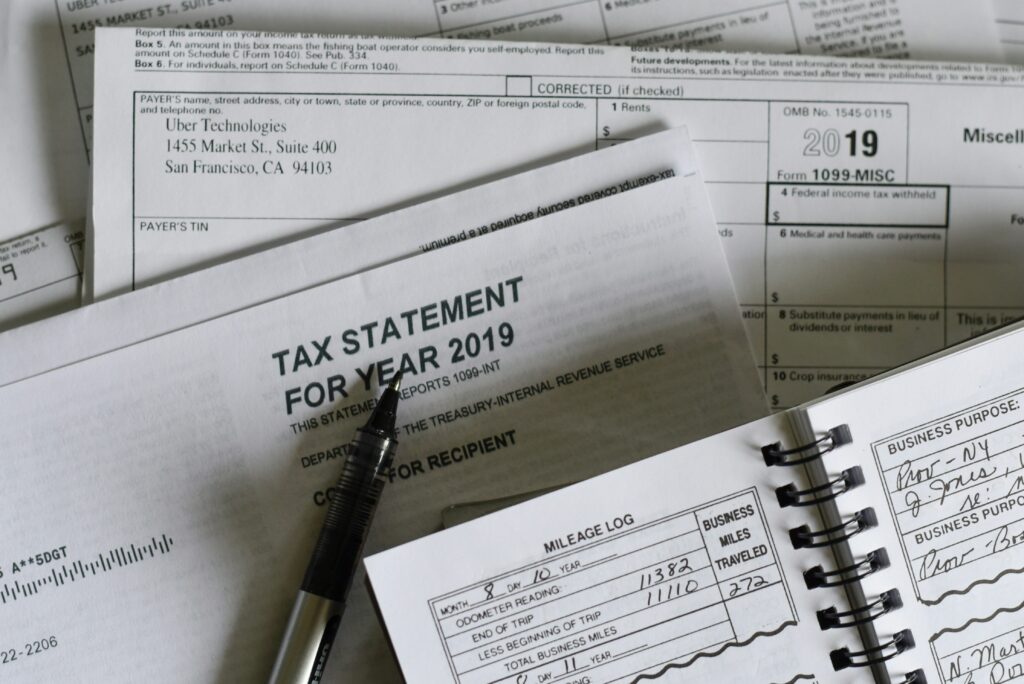It can be exciting and difficult to relocate to a new nation, particularly when trying to comprehend the tariff system. Navigating the tax system’s intricacies is essential for expats living in India if they want to assure compliance and limit any potential financial repercussions. This in-depth manual attempts to give expats a firm understanding of the Indian tariff system, its fundamental elements, and crucial factors.

Tax residency in India
Understanding your tax duties in India begins with figuring out your tariff residency status. In general, a person is regarded as a resident if they spend 365 days or more in India during the preceding four financial years and 182 days or more in India during a financial year. While residents are taxed on their entire income, non-residents are solely taxed on revenue earned in the country.
Types of taxes
India’s tax system comprises various types of taxes that expats should be aware of:
Income Tax
The Income Tax Act controls how individuals, including expatriates, are taxed on their earnings. Based on income brackets and resident status, different income levy rates apply.
Goods and Services Tax (GST)
A thorough indirect levy imposed on the sale of goods and services, GST was first introduced in 2017. Expats need to be aware of how GST would affect both their personal and corporate spending.
Wealth Levy
Although abolished in 2015, expats who owned assets in the nation before its abolition may still be subject to wealth levy.
Property Tax
Property taxes in the country are owed by foreigners who own real estate, and the amount is determined by the location and market value of the property.
Taxable income
Expatriates should be aware of the various sources of income that are subject to taxation in the country:
Employment income
Income earned from employment in India is taxable, regardless of the source country.
Rental income
If an expat owns property in the nation and earns rental income, it is subject to levy.
Capital gains
Profits from the sale of assets such as property or investments are subject to capital gains levy.
Dividends and interest
Dividends and interest earned in the nation are taxable both for residents and non-residents.
Tax deductions and exemptions
Expatriates can benefit from several deductions and exemptions to reduce their levy liability:
Double Taxation Relief
India has Double Taxation Avoidance Agreements (DTAA) with several countries to avoid dual taxation. Expats should understand the provisions of the DTAA to claim relief.
Foreign Tax Credit
Expats can claim a foreign tariff credit for taxes paid in their home country on revenue that is also taxed in India.
Deductions for specific expenses
Certain expenses, such as rent, medical bills, and education expenses, are eligible for levy deductions, subject to specific conditions.
Filing tax returns
Expats are required to file their earnings tax returns by the prescribed due dates. Filing can be done online or through physical submission. It is crucial to maintain accurate records, including income, deductions, and supporting documents, to ensure smooth filing and minimize any potential scrutiny.
Penalties and consequences
Non-compliance with the Indian levy system can lead to penalties and legal implications. Expats should be aware of the consequences of non-payment or underpayment of taxes, including interest charges and prosecution in severe cases.
Ending note
Understanding the tax system in India is vital for expatriates to ensure compliance and optimize their financial planning. By familiarizing themselves with the tariff residency rules, types of taxes, taxable revenue, deductions, and filing procedures, expats can navigate the complexities of the Indian tax system with confidence. Seeking professional advice from levy experts or consultants can further enhance their understanding and help them make informed decisions regarding their tariff obligations in India.
You may also like these articles
